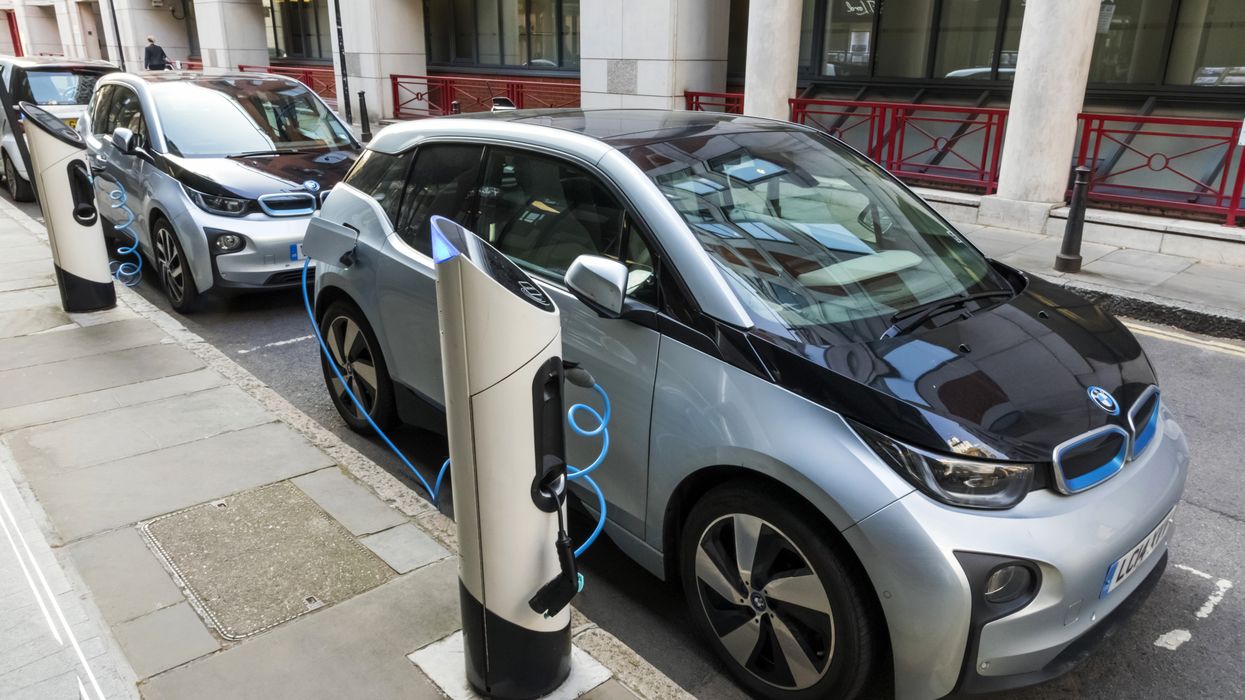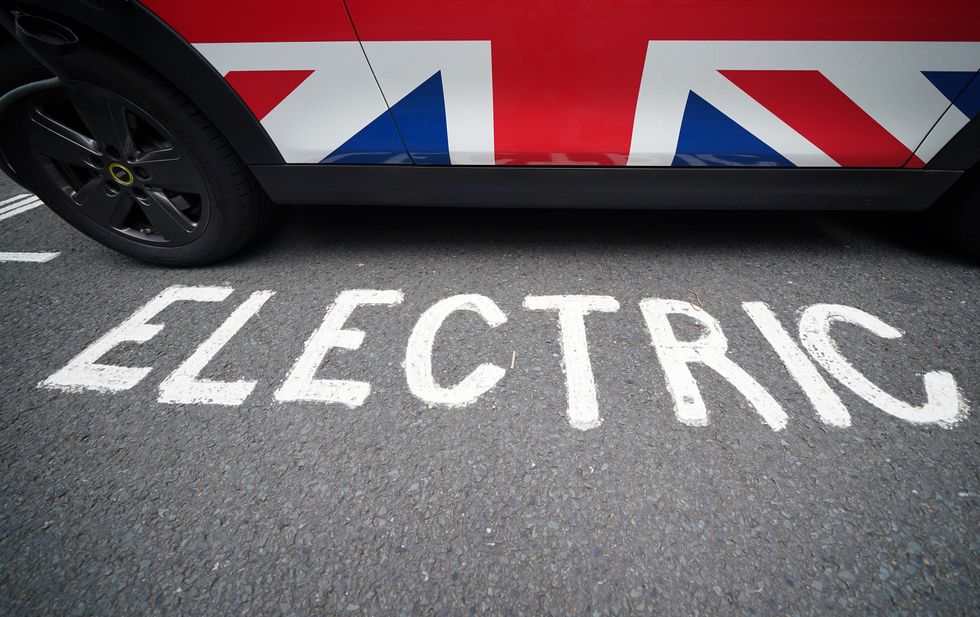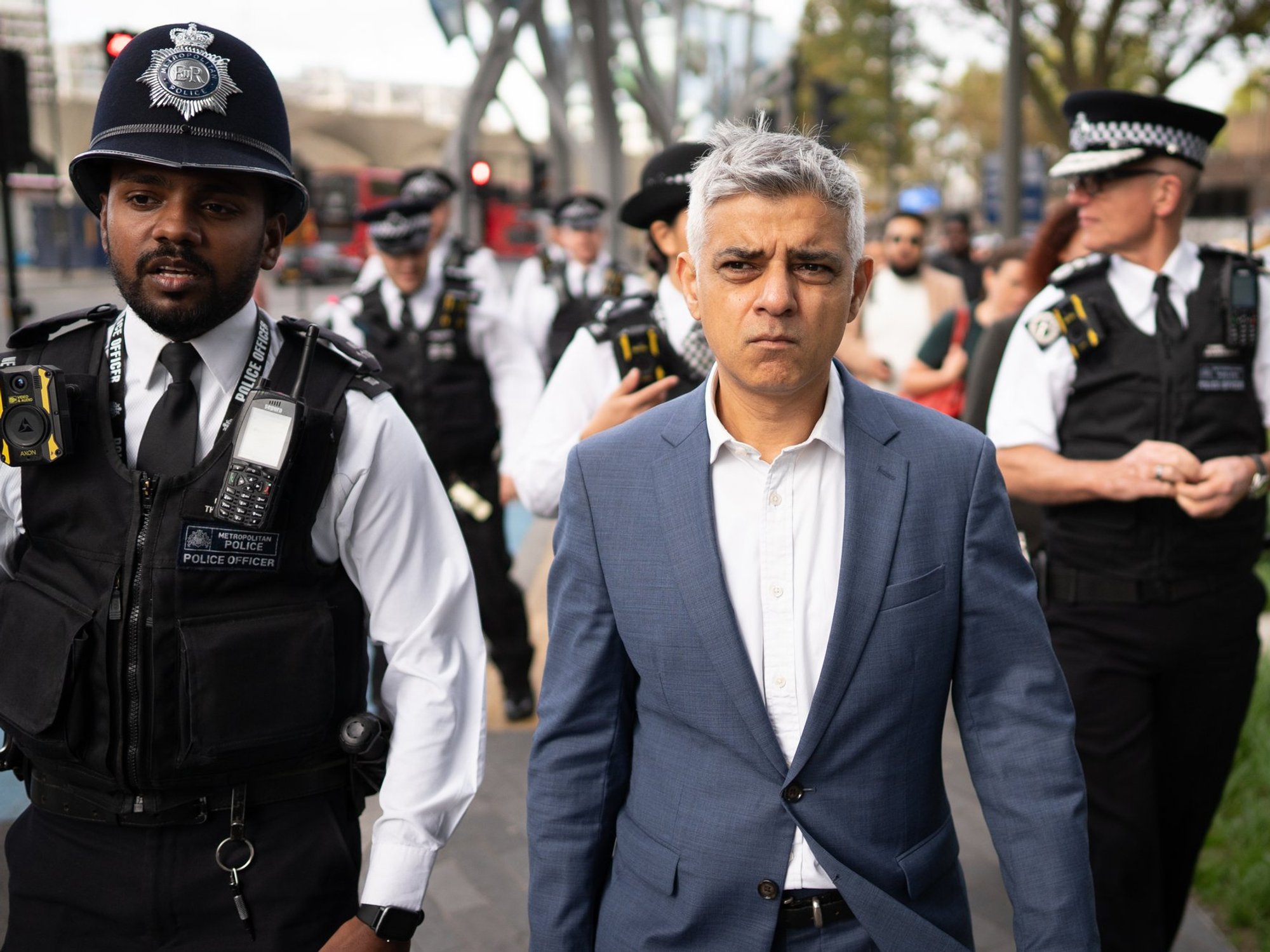Electric vehicle chargers on streets lacking as drivers urge UK to 'up the pace'

London has 151 per cent more publicly available chargers of all types per 100,000 than Scotland
|GETTY

'It’s a good signal, but we’re still at the beginning of the journey'
Don't Miss
Most Read
The number of on-street electric vehicle charging points is growing but experts are warning that momentum is needed to avoid falling behind.
The UK saw an impressive 69 per cent increase in the number of on-street chargers over the last 12 months, bringing the total to 18,942.
In the last three months alone, an additional 4,094 new street chargers were installed, helping EV owners without driveways.
The new Government figures show growth of more than two-thirds between October 2022 and 2023, and jumped by more than a quarter in the last three months.
WATCH NOW: Labour's Steve Reed on electric car law changes
Vauxhall is working with charge point operators including Char.gy, Connecter Kerb and Surecharge through the Electric Streets of Britain initiative.
This partnership is targeting councils around the UK to help them identify where demand for residential charging is the greatest.
While there is room for optimism, experts are adamant that progress must continue to ensure drivers have the confidence in electric cars to continue the uptake.
James Taylor, managing director of Vauxhall, said: “It’s a good signal, but we’re still at the beginning of the journey.
“We need to up the pace if we’re to make sure the 40 per cent of households without driveways are not left behind in the transition to electric vehicles and do more outside of London.
“4,094 new installations is a start, but next year it is forecast there will be hundreds of thousands more new EV cars being registered to comply with the Vehicles Emissions Trading Scheme - we are making progress, but more is needed to match demand.”
More than seven in 10 councils do not have an on-street electric vehicle charging strategy despite targets to meet net zero goals and decarbonise transport.
Despite the lack of charging ambition from a number of local authorities, Vauxhall highlights the growing number of EV chargers as evidence that change is happening.
The Prime Minister announced a major delay to the deadline to ban the sale of new petrol and diesel vehicles from 2030 to 2035, although the Government’s Zero Emission Vehicle mandate will still come into force.
This will require manufacturers to have a minimum of 22 per cent of car sales and 10 per cent of van sales to be electric by the end of next year.
Experts are warning that this makes the need for a greater number of EV chargers more important than ever to ensure drivers can transition to electric and not worry about range and battery life.
James Taylor continued, saying: “Residential charging infrastructure is a fundamental factor in the shift to electric.
“As the Government rightly says we need to cater for tomorrow’s demand and a greater visible presence will only serve to boost consumer confidence to go from interest to buying.”
The data found that the London area has 151 per cent more publicly available chargers of all types per 100,000 than Scotland.
LATEST DEVELOPMENTS:

In the last three months alone, an additional 4,094 new street chargers were installed
|PA
Vauxhall has pledged to offer a fully electric version of every car and van model in its line-up from next year.










